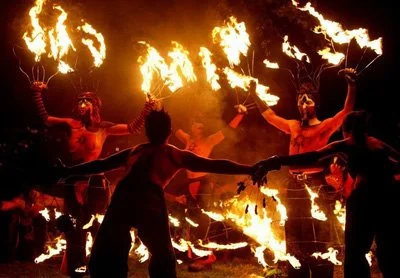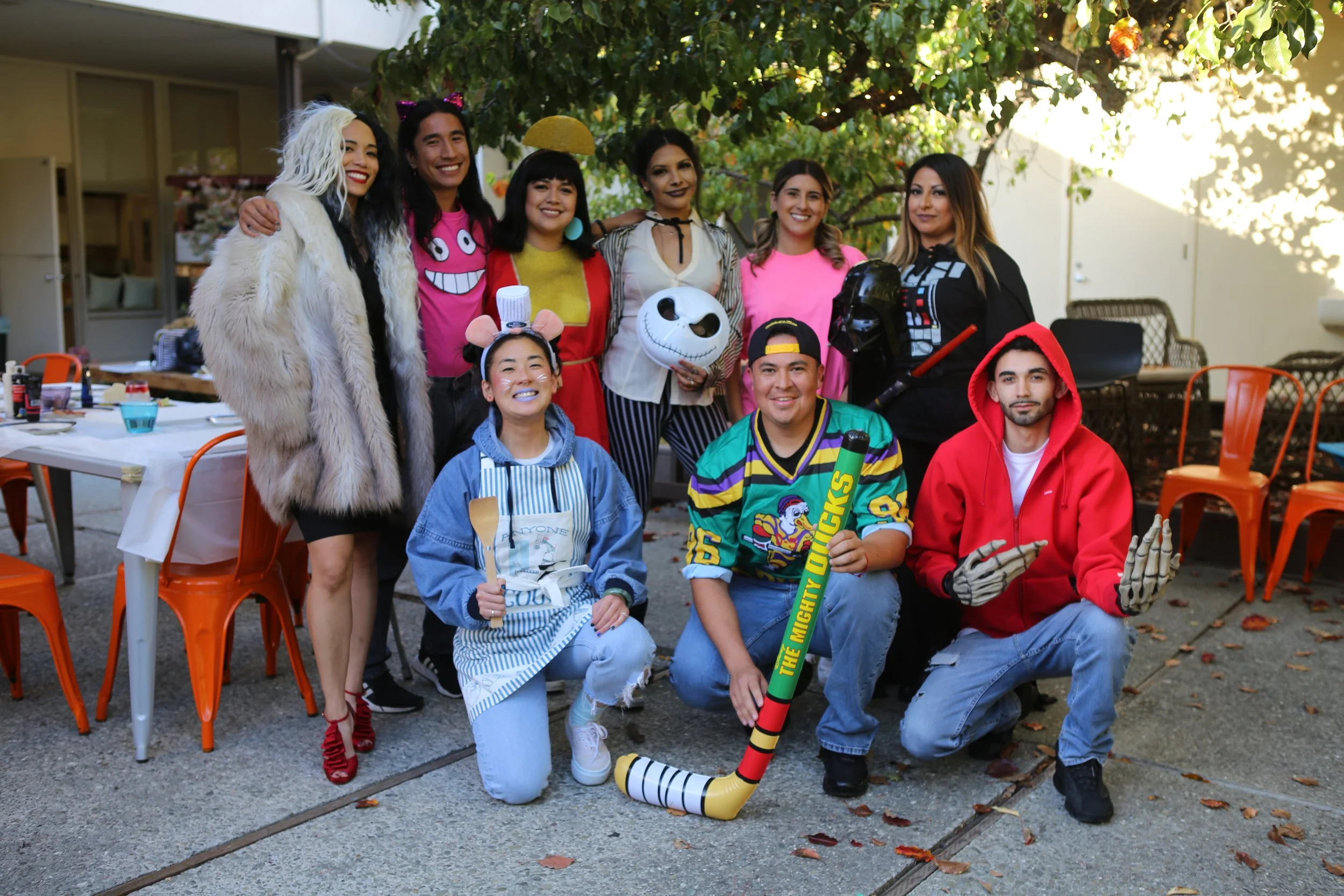Unmasking the Origins of Halloween
By Ellen Tran
Halloween, with its spooky decorations, creative costumes, and delicious candy, is a cherished holiday celebrated by millions around the world. While it may seem like a modern-day extravaganza, its origins trace back to ancient traditions and folklore. We will embark on a historical journey to uncover the roots of Halloween, shedding light on the evolution of this bewitching holiday.
Halloween finds its earliest origins in the Celtic festival of Samhain (Saw’-vwin), which marked the end of the harvest season and the beginning of winter. Samhain was celebrated on the night of October 31st, as the Celts believed that on this night, the boundary between the living and the dead was at its thinnest. It was a time to honor deceased ancestors and communicate with the spirit world.
The spread of Christianity had a profound impact on the evolution of Halloween. In the 7th century, Pope Boniface IV established All Saints' Day on May 13 to honor saints and martyrs. Soon after, Pope Gregory III moved All Saints' Day to November 1st and introduced All Souls' Day on November 2nd to commemorate the souls of the departed. These Christian holidays incorporated some of the customs of Samhain, blending the spiritual and supernatural elements of the two traditions.
The evening before All Saints' Day became known as All Hallow's Eve or Hallowe'en. Over time, this name evolved into the Halloween we know today. It retained many of the ancient Celtic customs, such as lighting bonfires and wearing costumes, while also incorporating Christian rituals like attending church services.
Friends for Youth staff celebrating Halloween in 2022
Halloween as we recognize it today took shape in the United States during the 19th century. Irish and Scottish immigrants brought their Halloween traditions with them, including the custom of "guising" (going door-to-door in costume asking for food or money) and carving turnips or potatoes into lanterns, which eventually evolved into the pumpkin-carving tradition.
In the 20th century, Halloween became a more commercialized holiday, with the emergence of the modern Halloween industry, including the production of costumes, decorations, and candy. The holiday's focus shifted from religious and superstitious elements to a more secular celebration of fun, scares, and community.
Halloween is a holiday deeply rooted in history, blending Celtic, Christian, and immigrant traditions to create the festive occasion we enjoy today. Its origins in the ancient festival of Samhain, the influence of Christianity, and the contributions of immigrants all play a significant role in shaping this beloved holiday. As we carve pumpkins, don costumes, and indulge in sweet treats, it's valuable to remember the rich tapestry of history that underlies the ghoulish fun of Halloween. By exploring its origins we gain a deeper appreciation for the traditions and customs that continue to enchant and mystify us each year on October 31st.
Ellen Tran is a Fall Intern at Friends for Youth. She is majoring in Justice Studies, with a concentration in Criminology. She is graduating Fall 2023 and plans on continuing with graduate school, where she will possibly do a dual master program in Criminology and Statistics/Data Science. Ellen is heavily invested in promoting others’ welfare, involving herself in both sectors of healthcare and social work.
References
Santino, J. (1983). Halloween in America: Contemporary customs and performances. Western Folklore, 42(1), 1-20.
Trevarthen, G. A. (2010, September). The Celtic origins of Halloween transcend fear. In Phi Kappa Phi Forum (Vol. 90, No. 3, pp. 6-8). Honor Society of Phi Kappa Phi.



